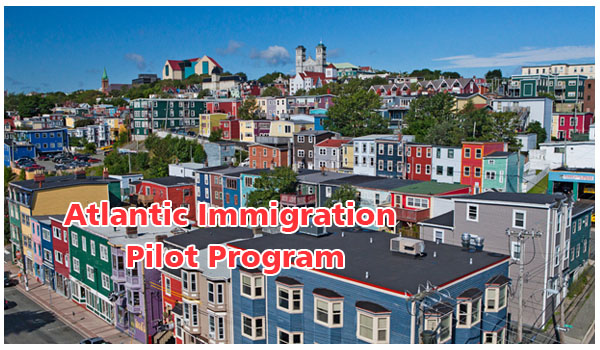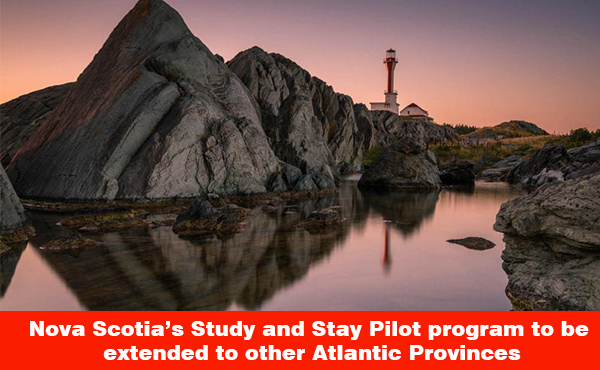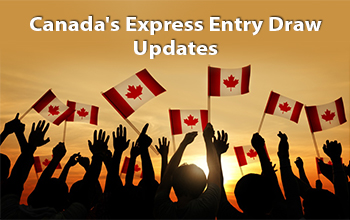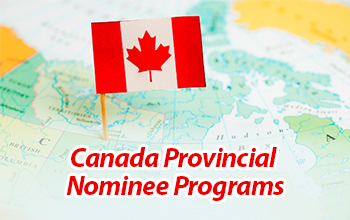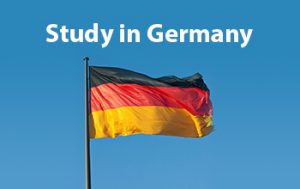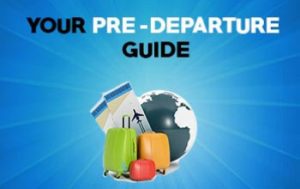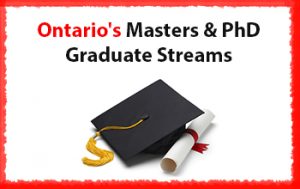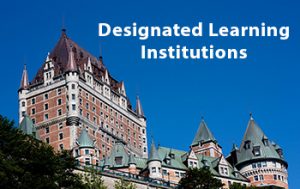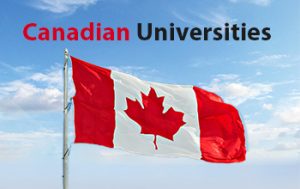Consistently Canada invites many worldwide understudies seeking after their post-secondary studies in Canadian college, school, dialect school or other institution. No fewer than 15 Canadian colleges are found in the best 300 worldwide advanced education top institutions, as per QS Rankings. Canada’s high academic standards and thorough quality controls guarantee that the degree you acquire here will open the ways to your dream career. A reality is that the United Nations has reliably positioned Canada as outstanding amongst other spots to live. If you are an international student, you are qualified for all openings and benefits that are concurred to local Canadians.
The process of applying for a student visa or a Canadian study permit can be made as follows:
1. Submit your application
Submission of an application can be done online or via a Visa Application Centre (VAC). Immigration Refugees and Citizenship Canada (IRCC) suggests you to consult a nearby VAC while setting up your application for a study permit. CanApprove makes it easier for you to submit your application with our hassle free Canadian study permit services.
We can ensure your application is finished and meets the greater part of IRCC’s necessities. Address your concerns in your local language followed by offering a tracking service, which helps exchanging your documents and individual data safely with biometrics if required.
2. Make application submission as early as possible
IRCC instructs that you send your application for a study permit as ahead of schedule and no less than three to four months before the beginning of your classes. You can use Canada Immigration processing tool to find out the average processing time for a study permit or connect with us to know more about when and how to apply for your study permit. Our expert team can guide you with recent and reliable information.
3. Get a medical exam and police clearance
This necessity depends upon the length of stay and your current country of residence. Staying in Canada for longer than six months you will be required to show medical exam results. If you resided or stayed in any exceptional countries for six or more months, before coming to Canada you will need a medical exam.
Note that it is not compulsory to have your exam results when presenting the study permit application. In any case, you can avoid delays by completing your medical examination and presenting the outcomes along with your application. IRCC may expect a police certificate from potential international students. It is best to acquire one early as possible.
4. Make sure the data and documents are exact
Ensure that you have presented all the important documents and that all pages have been finished precisely. Your application will be returned if the data provided is hazy. It is always nice to have the help of a specialist like CanApprove to check all the documents to be submitted. Also, we can aid you to get certified translations in either official languages, English or French, of all the documents.
5. Pay all the required expenses on time
IRCC warns that if you failed to pay the required fees on time, it may affect the approval of your study permit application. For any payment clarity, you can contact our centers.

